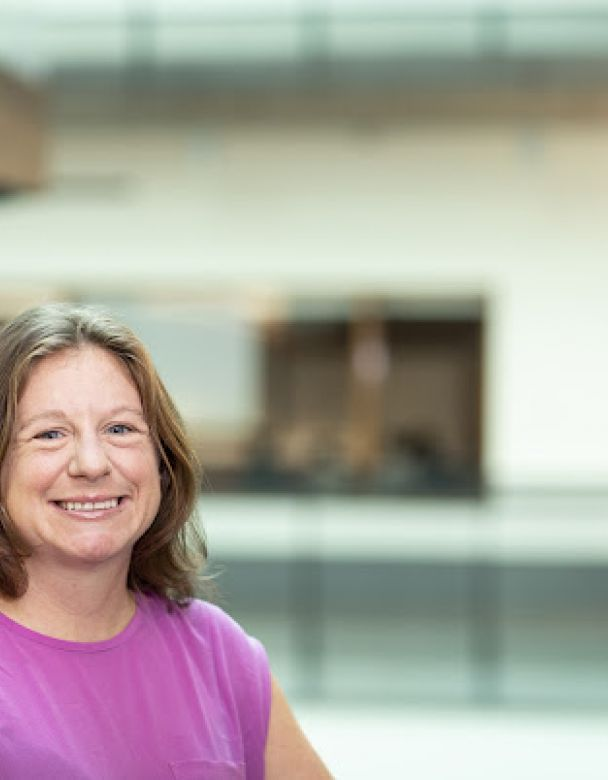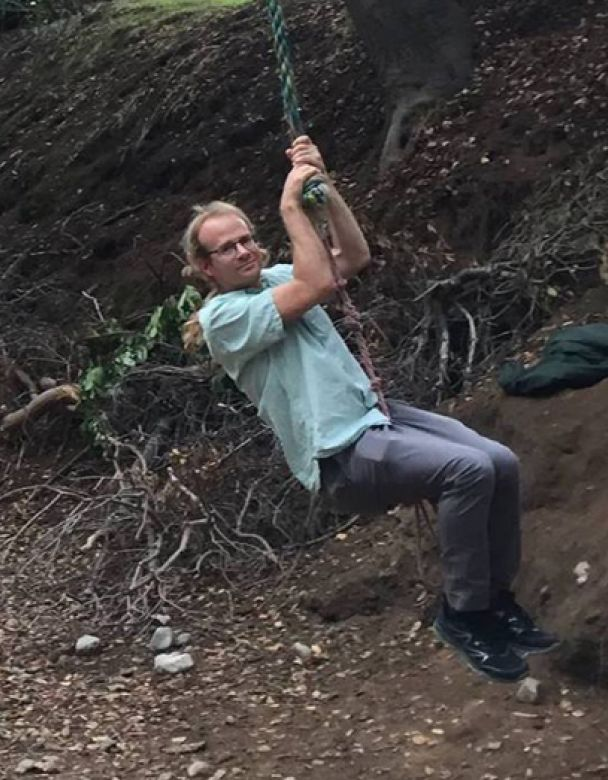The NY Times follows the war-disrupted surrogacy market in Ukraine, where in addition to the normal surrogacy issues, surrogates have to decide whether to deliver in Ukraine or in Poland (where surrogacy isn't recognized), and parents have to decide whether to attend the birth in Lviv or wait for the baby in Poland. It's tough stuff, for both surrogates and parents. I'll just excerpt some of the background information on surrogacy.
The Nightmare of Being a Surrogate Mother in Wartime. Ukraine’s booming surrogacy business has become a logistical and ethical mess — and hell for the women at the center. By Susan Dominus
"After a friend of hers worked as a surrogate, Maryna started considering the possibility. Ukrainian law required that women who would be hired as surrogates had already successfully given birth, and she had two healthy daughters. By helping another family, she hoped to buy a home, a goal that would otherwise have been a significant stretch for her and her husband, who worked on cars. On Aug. 21, she was impregnated with two embryos for a couple in North America. Surrogates for Delivering Dreams typically earn around $18,000 a year, but because she was pregnant with twins, she would be paid a bonus of several thousand more. In Ukraine, a typical schoolteacher would make less than a quarter of that over the course of a year.
...
"Delivering Dreams, Kersch-Kibler’s agency, celebrates, in its name, the meaningful benefit of surrogacy to both parties in the arrangement — for the parents, the gift of a biological child; for the surrogate mother, a potentially life-altering sum of money. That arrangement is also, however, a business contract, which entails, for the expectant women, a job — one with managers, rules, oversight and risks to their physical health.
"Even as reproductive technology has advanced, the number of countries that explicitly permit international paid surrogacy has dropped. Opponents of the practice argue that the transactional arrangement commodifies one of the most profound human experiences, the birth of a child. Feminists tend to divide on the ethical issue of surrogacy, with some seeing in the practice a means of financial autonomy, and others perceiving it, especially in less-developed countries, as a kind of reproductive coercion: Could a woman really be said to have choice in deciding to become a surrogate, if doing so was the only way to lift her family out of poverty?
"Concerns about trafficking and exploitation led India to pass a law in 2019 that officially shut down what was once, according to a 2012 estimate, a $2.3 billion surrogacy industry. Cambodia, Thailand and Nepal also once served as frequent destinations for foreigners seeking paid surrogates until those countries, too, legally restricted the practice.
"In those countries, as in many others, the only form of surrogacy allowed is among nationals, provided that no compensation is received. Altruistic surrogacy — in which only pregnancy-related expenses are covered — is legal in countries like England and the Netherlands; in heavily Catholic countries like France, Belgium and Spain, the intended parents of children born to surrogates often face challenges claiming their legal rights as parents, despite a European Court of Human Rights decision, finalized in 2019, that recognized children’s inherent right to belong to their biological families. In other countries, like Argentina and Albania, the law does not address the issue one way or another, diminishing the market for commercial surrogacy, as the ambiguity leaves all parties vulnerable in the event of a dispute. In the United States, legal protections vary state by state: Some states, like Illinois and California, allow surrogacy contracts; others do not recognize surrogacy contracts but do provide for judicial recognition of intended parents’ claims to children born with the help of a surrogate. In Michigan, paying a woman to be a surrogate is a felony.
...
"Since various countries have restricted international surrogacy, agencies have rushed in to take advantage of Ukraine’s relatively well regulated market. One Ukrainian embryologist has estimated that before the war, roughly 3,200 implantations were performed in the country each year — creating, through the fees and also the associated tourism, a new, thriving economic sector. Typically, parents who opt for surrogacy fly into the country and work with a local clinic, conceiving embryos that are subsequently implanted in the wombs of Ukrainian women whom they have interviewed (usually by video call) or chosen from descriptions the agency provides. In some, but not all, cases, the parents choose to build a relationship with the woman carrying their child, texting regularly, even flying in to visit her; almost always, the parents fly back into the country nine months later, either to be there for the birth, if all parties agree, or to receive their newborn and take the child back home.
"Even under the best of circumstances, the arrangement can be fraught. Now, Ukraine’s surrogates are working under the worst of circumstances, forcing everyone involved — agencies, intended parents and surrogates — to make decisions based on imperfect information regarding matters of life and death. The starkness of war has laid bare the many ethical tensions that exist in surrogacy arrangements, casting into bold relief the power dynamics that underlie a contract in which a woman signs over the whole of her physical self.











